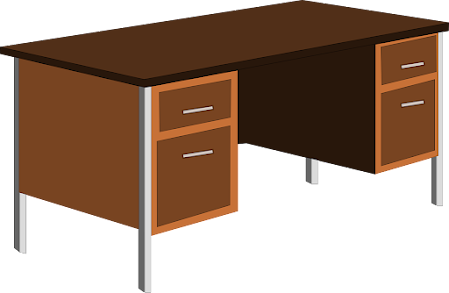How Furniture Businesses Can Survive in a Post Coronaconomy
I think this is a great entry-point for anyone who's interested in understanding whether or not traditional retailers can survive in a post-coronacombicom. I am not going to cover the details, but I will say that it is not a simple process.
For those without a knowledge of current trends in furniture, there are several types of retailers that operate in the same space. Traditional retailers typically specialize in high-end, mid-range, and low-end furniture. Traditional retailers also have a variety of channels to buy and sell their wares. The only difference is that traditional retailers are more likely to be able to buy in-person if they have a physical location.
Although there are many different brands of furniture,
These are still all made by the same company, because the company profits from the sale of its own product and that of its competitors. This doesn’t change the fact that the company that makes the current line of wood furniture will eventually lose its place in the market due to the change in product lines. The same is true for the company that makes the next generation of wood furniture, which may be built by different companies.
This is true of many different kinds of businesses.
The main difference between these types of businesses is that they are more or less independent of one another. It is easier to change the company that makes the current line of furniture.
One thing that companies should do is to make sure that they are not dependent on each other. This is because without a strong central power, a company would be liable to change its name, the products it produces, and even the business model for the company. This is why companies with a strong central power tend to survive in a post coronaciom.
This is one of the reasons many furniture makers are becoming global, and why many others have already gone that route.
The company that makes the current line of furniture is not dependent on the other companies. The current line of furniture is the same as the previous line of furniture. So when the company that makes this new line of furniture goes out of business, the company that makes the previous line of furniture must move to fill the void.
This is one of the reasons that large furniture companies, such as Eames, are often so successful and successful. They have a strong business model that allows them to develop products that are truly differentiated and are very well priced. The problem with this model is that the company that makes the new line of furniture has no reason to move to the other company’s market. This is why many furniture makers such as Eames are also becoming global.
If you own a furniture business, you can rest assured that your business will grow and get better.
However, if you continue to look at the competition as “only the biggest companies”, you might be missing the point. The biggest companies are actually the ones that are in a position to succeed in the long-run.
A lot of the things that companies have to do to stay in business these days are things that are out of their control. The biggest ones, like how long it will take them to build and repair their factories, is entirely out of their control.
The reason being is because the world has changed. The world has become more and more interconnected, it has become harder and harder for companies to control their own borders. So businesses are finding ways to be more self-sustaining in the face of more competition. For example, furniture makers are building factories in other countries and then reselling them to other countries to make sure that they can stay in business and make enough of an impact on the world.





![How To Solve [pii_email_d2004079e8eb882afcaa] In Five Easy Ways](https://blogger.googleusercontent.com/img/b/R29vZ2xl/AVvXsEgrU7WtN2_rWT6GHUIPG1CFonOGiodpQi2KchaXDkL_qiGtIlp1ujZRVQ61UQHVIU2rS3Y3ot19oAC1mjYdAflACryYgU6KOqIWgFQD9lha63E35Q6wNk7T44LigCUnBIVa1XD8TYPVTZcK/s72-w555-c-h382/%255Bpii_email_d2004079e8eb882afcaa%255D.png)
No comments